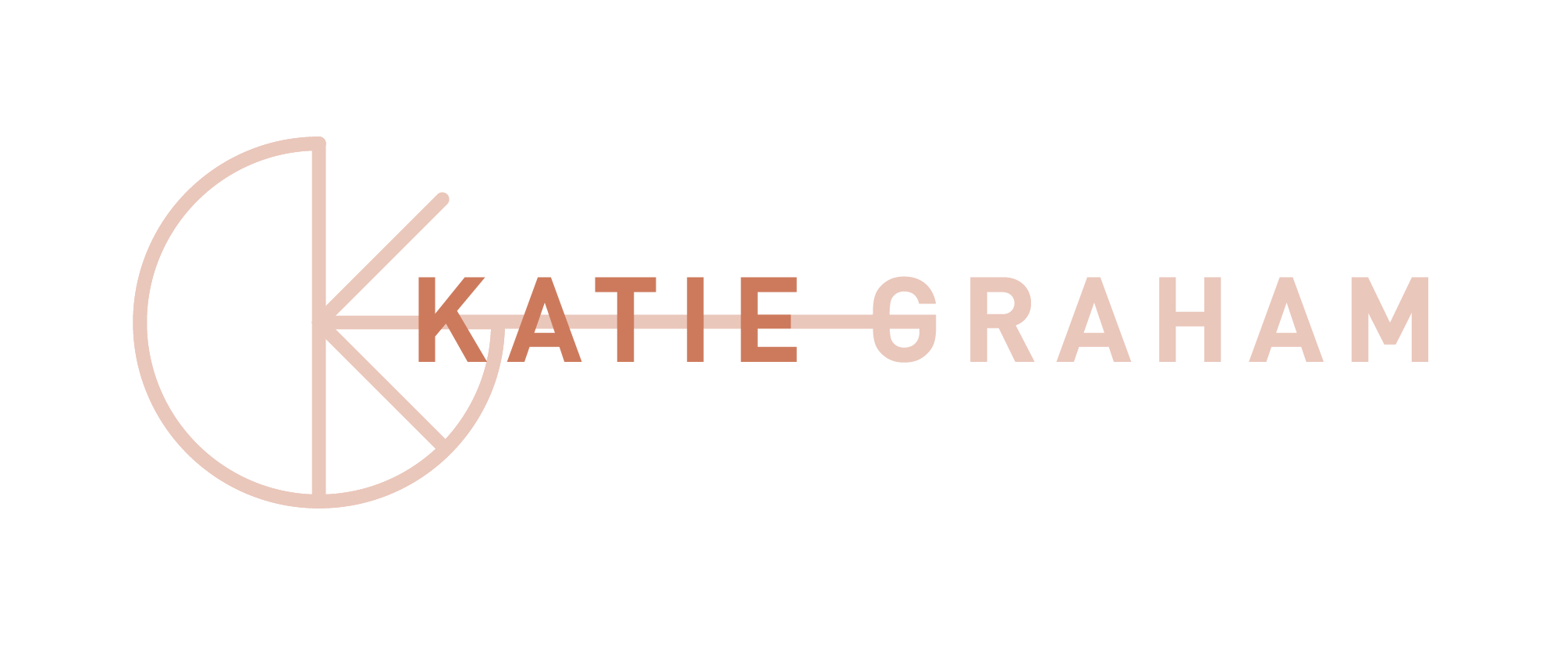Is it time to say ‘no’ more? A curious exploration of the slow business movement, part 2
‘Quality is never an accident; it is always the result of intelligent effort.’
— John Ruskin
The concept of intelligent effort goes hand-in-hand with the slow movement for me. We can get caught in the hamster wheel of feeling like we need to do it all in order for our businesses to grow. But more effort doesn’t mean better outcomes—for your business, or for your wellbeing. Adopting a slow philosophy means that you can approach opportunities with an analytical lens, and only say yes to the things that feel right.
One of my clients, Lucy Tweed, Sydney-based food stylist and founder of Every Night of the Week, had one of these opportunities arise early on in the ENOTW journey, in the form of a collaboration with a major Australian food brand. She was offered a substantial amount of free produce in exchange for writing, photographing and promoting Christmas recipes that used the particular ingredient.
It’s easy to be swayed by these shiny opportunities—and don’t get me wrong, sometimes, they are the right thing. But for Lucy, who already gets paid to be a food stylist and recipe writer (much more than the value of the free produce on offer), the effort outweighed the value and the opportunity wasn’t going to get her closer to her core goals for ENOTW. While that first ‘no’ was scary, Lucy credits it with helping her to focus and move ENOTW forward. “Saying no helped me to trust what I am doing. To slow down and consider exactly what each proposition is, without being swayed by the stardust,” she says.
When we prioritise alignment, we’ve got clarity about where we’re going, which gives us the mental space to be more open to ideas, more innovative, and more able to learn. That’s such a valuable, fertile springboard for growth and leads to opportunities that are more creative, more lucrative and more in tune with your core objectives.
A slow infusion
When you’re overcommitted and overwhelmed, even something as ‘simple’ as slowing down can feel like just another impossible thing to add to your to-do list. Here are four things I get my clients to do to help them find clarity and move towards a slower, more sustainable business journey.
Push pause
Take a deep breath and step away from the business (even just for a little bit). Giving yourself a morning to go do something you love (a walk, a trip to the local farmers market, a breakfast date, a yoga class in the middle of the morning) can help you shift your perspective on what is really important and help you find that all-important focus, which in turn leads to momentum!
Do more… and less
Sound strange? Let me explain. First, set actionable short- and long-term goals. If your long-term goal is: "in 12 months I want to open a second space", your short-term goal might be: "in 6 months I want to have more processes automated, so that I can shift my focus to the second space."
With your short- and long-term goals in mind, write down your weekly to-do list, and prioritise the three things you can do that week that will directly contribute to those goals. Remove three things that aren't contributing. I call this ‘More’ and ‘Less’—it’s about asking “what can I do more of to achieve my goals, and what can I do less of to achieve my goals?” This task is one of the essential components of my Brand Clarity Package, and it’s such a powerful, simple way to get crystal clear on what your priorities are.
Get comfy with ‘no’
So many of my clients come to me because they don't know what to say yes or no to, and have lost the ability to listen to their intuition. We work together on a decision-making filter that they can use as a DIY clarity finder—one question that encapsulates your overarching goal to help you assess each new opportunity as it comes in, helping you say yes or no with confidence, without overthinking it.
Outsource and automate
Because the beauty of being the boss is that you can get somebody else to do it! So take stock of the things that you continually push back because you don’t have time, but are actually super important for where you’re going. Outsource these to someone. This doesn’t always have to mean you don’t have any input, either (unless that’s what you want). Outsourcing can also be a great way to collaborate with specialists in various fields, removing some of the timeline pressure from you, while still creating solutions that stay true to your vision and brand. In my own business, I have Amy who helps me with research, Xero, admin and keeping my office plants alive, I worked with Buffet Digital to help me with my website and regularly look for other opportunities to collaborate with experts.
In addition to outsourcing, also look for automation opportunities that can help you better serve your clients. I’ve recently started to experiment with Acuity Scheduling to streamline my calendar bookings and the on-boarding process — which should free up more time to put towards in-depth market research for my clients.
In the end, when we seek slow, what we’re seeking is balance, connection, and the freedom to dictate our own tempos, in business and in life. It’s about choosing health over hustle, knowing your own boundaries, yet being fluid with their soft edges and approaching new things with curiosity and playfulness, rather than full-throttle speed.
Katie
x
